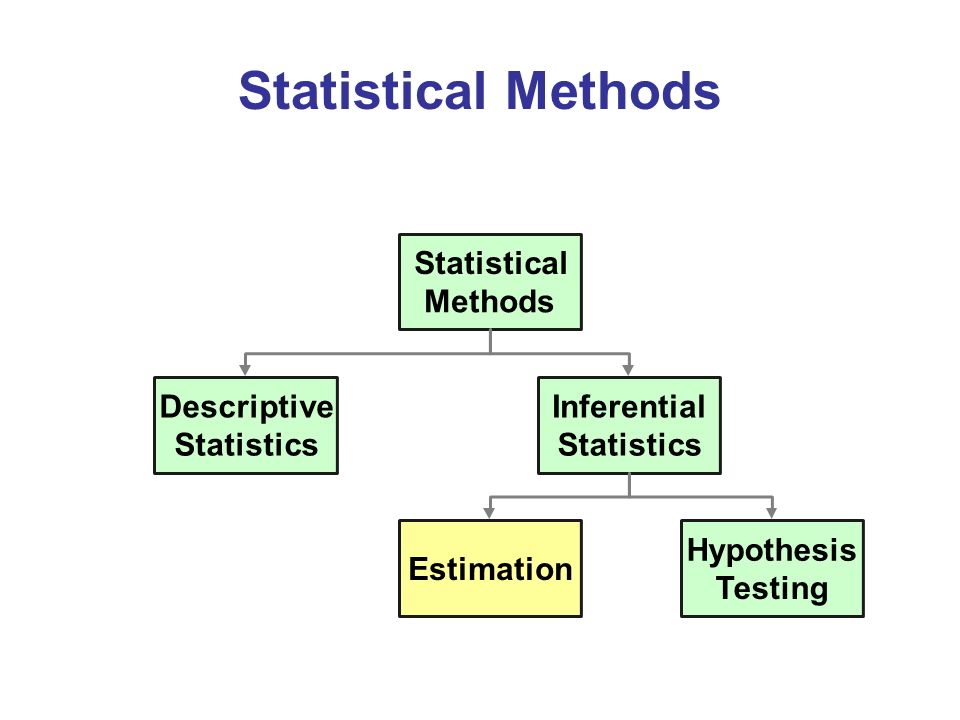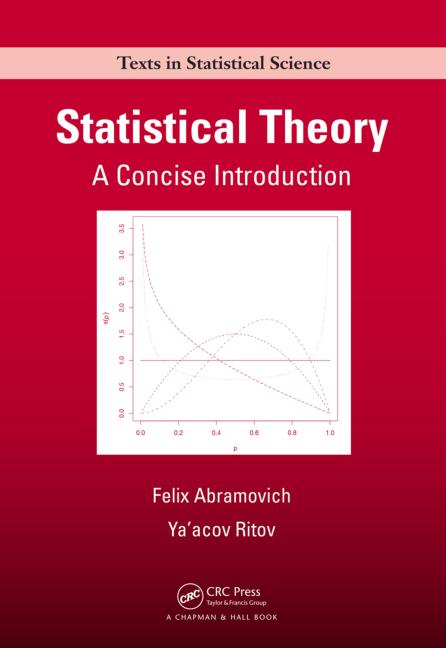A pervasive methodological error is the post-hoc interpretation of $p$-values. A $p$-value $p$ is the smallest significance level at which we would have rejected the null had we chosen level $p$. It is not the smallest significance level at which we reject the null. We introduce post-hoc $p$-values, that do admit such a post-hoc interpretation. We show that $p$ is a post-hoc $p$-value if and only if $1/p$ is an $e$-value, a recently introduced statistical object. The product of independent post-hoc $p$-values is a post-hoc $p$-value, making them easy to combine. Moreover, any post-hoc $p$-value can be trivially improved if we permit external randomization, but only (essentially) non-randomized post-hoc $p$-values can be arbitrarily merged through multiplication. In addition, we discuss what constitutes a `good' post-hoc $p$-value. Finally, we argue that post-hoc $p$-values eliminate the need of a pre-specified significance level, such as $\alpha = .05$ or $\alpha = .005$ (Benjamin et al., 2018). We believe this may take away incentives for $p$-hacking and contribute to solving the file-drawer problem, as both these issues arise from using a pre-specified significance level.
翻译:暂无翻译




